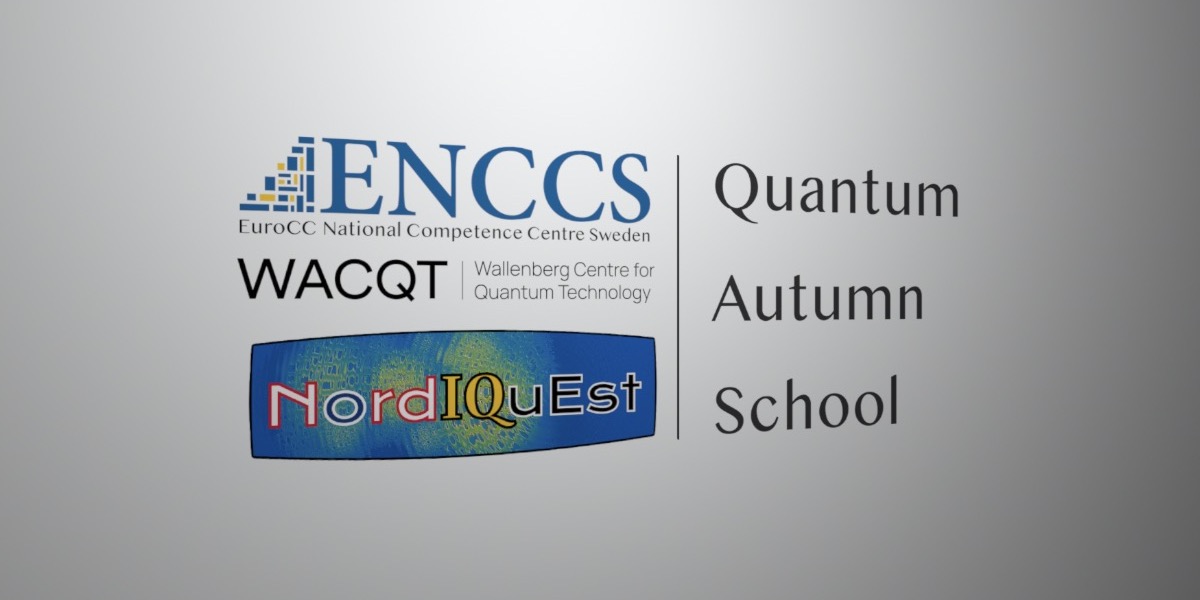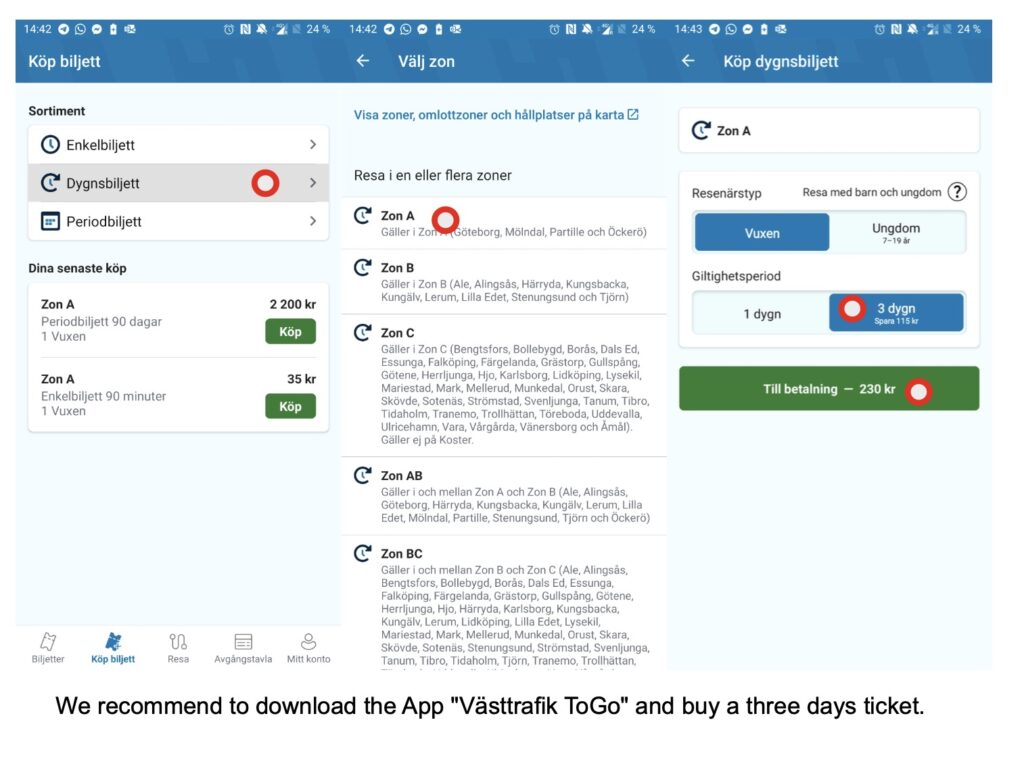
- This event has passed.
Quantum Autumn School
25 Oct 2023 @ 09:00 - 27 Oct 2023 @ 17:00 CEST
Registrations closed

Recent developments in quantum computing are bringing the world closer to a new technological revolution – the advent of usable quantum computers able to provide enormous acceleration to important computational tasks. In coming years, quantum computing is expected to have a significant impact on many areas of research that can utilise computational modelling.
Significant efforts and investments are currently underway in Europe to bolster skills and capacity within quantum computing, as outlined in a recent ENCCS blog post (https://enccs.se/news/2023/06/european-hpc-quantum-computing-infrastructure/).
As a further step in that direction, ENCCS is now again joining forces with the Wallenberg Centre of Quantum Technologies (WACQT) and the Nordic/Baltic NordIQuEst project to deliver a three-day autumn school covering the fundamentals of quantum computing.
WACQT is a national research programme, coordinated from Chalmers, that aims to take Swedish research and industry to the forefront of quantum technology. Their main project is to develop a high-end quantum computer that can solve problems far beyond the reach of the best conventional supercomputers.
NordΙQuEst brings together a consortium of seven partners from five Nordic and Baltic countries to connect world leading traditional HPC resources and quantum computers across national borders with the aim to establish a quantum computing platform customised to the needs of the region.
In addition to WACQT and NordIQuEst, the school will also be visited by and contributed to by experts from Algorithmiq, a Finnish startup which aims to revolutionise life sciences by exploiting the potential of quantum computing to solve currently inaccessible problems.
The school will cover:
- Introduction to key concepts: quantum states, qubits, quantum algorithms
- Overview of the main QC hardware approaches.
- Overview of the QC software stack.
- Integration of QC with classical computing: hybrid classical/quantum algorithms and HPC-QC systems.
- QC programming in high-level languages for use cases in optimisation, finance, life science and quantum chemistry.
Morning lectures will be combined with afternoon hands-on sessions where participants learn to use high-level QC programming languages.
Participants in the school will be given direct access to Helmi, a 5-qubit quantum computer using superconducting qubits that is connected to LUMI, the most powerful supercomputer in Europe.
Format
On-site participants will be treated to social and networking events and a guided tour to see the QAL9000 quantum computer at Chalmers University of Technology. However, seminars and hands-on sessions will also be broadcast live for online participants who will be able to participate actively in the school through live Q&A and chat.
The autumn school will provide lunch and coffee every day, and dinner on Thursday evening.
Prerequisites
For the hands-on training sessions, basic familiarity with Python and some experience working in a Unix environment are desirable. No previous experience with quantum computers expected.
Agenda
[ninja_tables id="27159"]
How to find us
The main attendance mode of the autumn school will be on-site in room Decibel at the Lindholmen Conference Centre, Lindholmspiren 5, 417 56 Göteborg. The nearest bus stop is Lindholmen.
From the Göteborg Central Station (Bus stop Göteborg Nordstan) you can take for example buses 16, 21, or X1 to bus stop Lindholmen.
Accommodation
Accommodation will NOT be provided by the autumn school. Participants will have to arrange their own accommodation. You can check some of our suggestions below:
- Radison Blu Riverside Hotel, Lindholmspiren 4
- Clarion Hotel The Pier, Pumpgatan 5
- Hotel Poseidon, Storgatan 33
- Scandic Göteborg Central, Vikingsgatan 7
- Hotel Royal, Drottninggatan 67

Public transportation

Swedish Quantum Society
ENCCS supports also the Swedish Quantum Society | SQS. We invite you to join our Discord server for real-time communication by filling out a short form and follow SQS LinkedIn group for professional networking.
--------------------
Disclaimer
This training is intended for users established in the European Union or a country associated with Horizon 2020. You can read more about the countries associated with Horizon2020 here https://ec.europa.eu/info/research-and-innovation/statistics/framework-programme-facts-and-figures/horizon-2020-country-profiles_e







